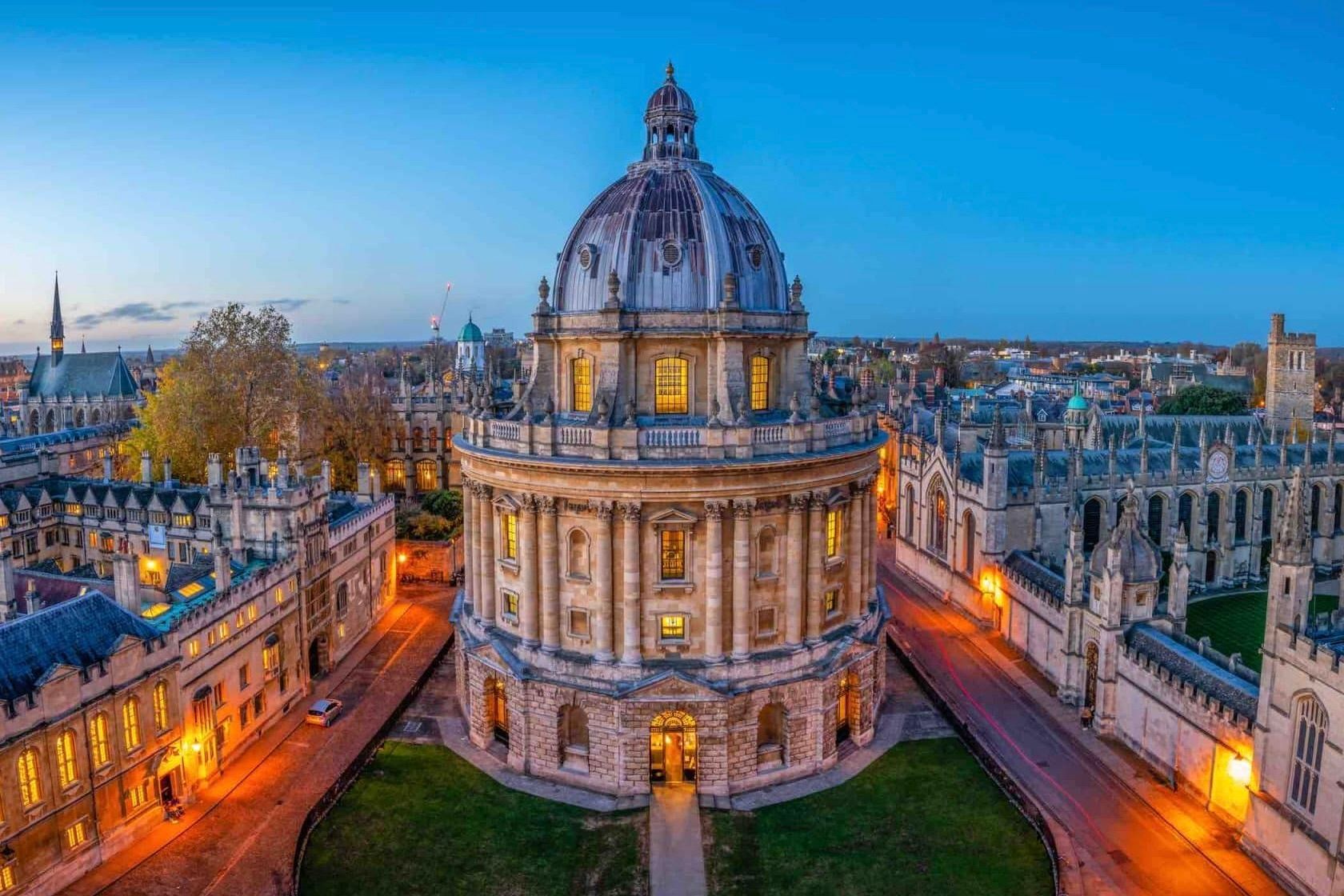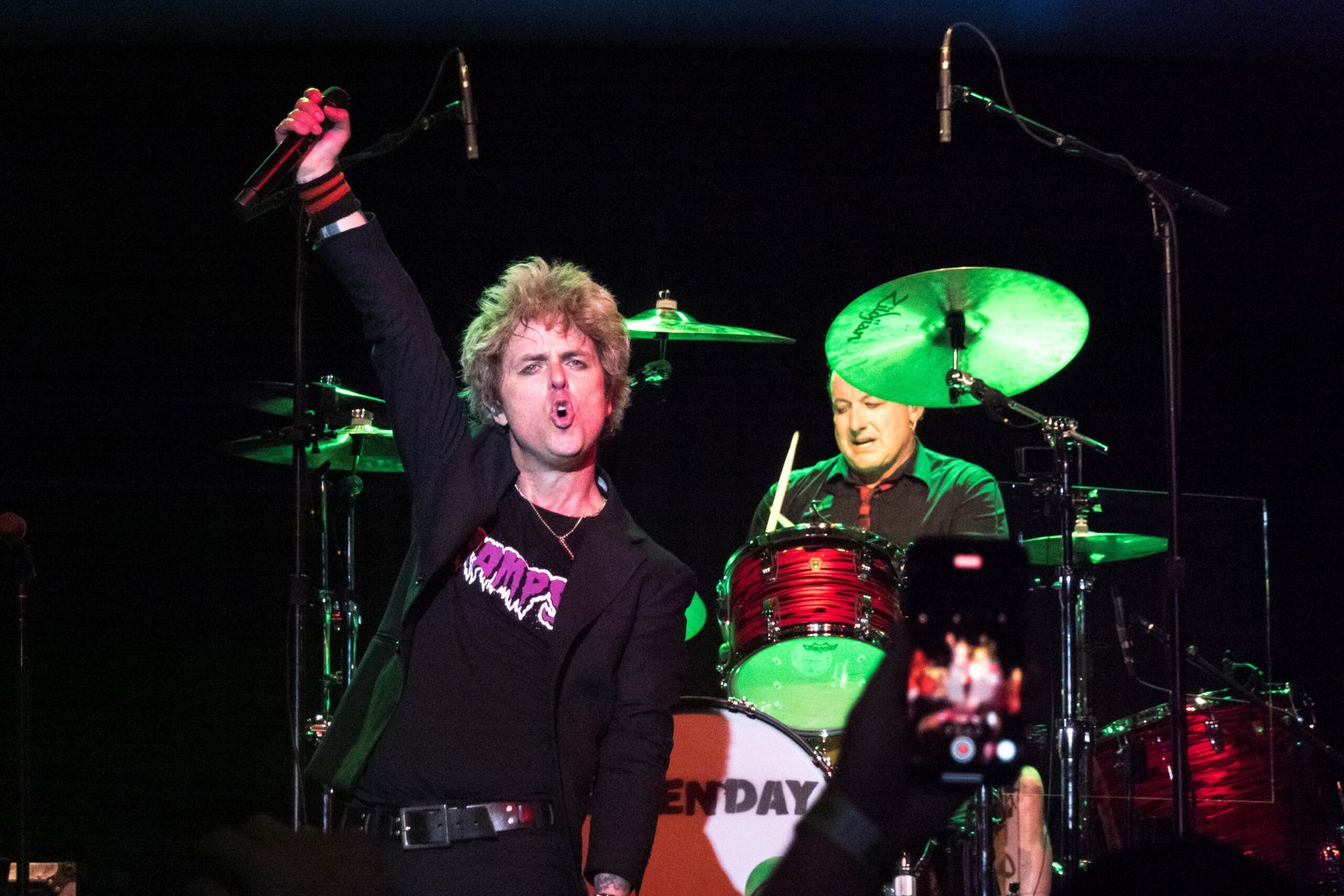NEW YORK, NY (October 20, 1996) | By Ron Borges, Boston Globe
The black Islamic warrior who has become a holy man saw immediately that there was no seat for the white Jew. So he gave him his.
Few people noticed this when it happened last week at A. Philip Randolph Civic High School in Harlem, and if it were up to Muhammad Ali, it would always be that way. No one would notice when a white gave up his seat to a black, or an Indian gave up his to a Pakistani, or a Catholic gave up hers to a Protestant, or a Muslim gave up his to a Jew. That’s what Ali did when he slid down in the middle of an assembly on tolerance and understanding at the nearly all-black high school. He let Time Warner Sports CEO Seth Abraham take a seat after he had introduced Thomas Hauser, Ali’s friend and biographer and one of several speakers who had joined the former world heavyweight champion and his wife, Lonnie, to spend a few hours talking to students about bigotry and prejudice and their corrosive powers.
They would not notice because it would be the norm if it were up to Ali. It would go unnoticed because it would happen every day. But Ali knows it does not happen every day, which was why, on this bright fall morning, he was riding a bus to this school on 135th Street and Convent Avenue adjacent to the City College of New York and then out to nearly all-white Mamaroneck High School in a Westchester County town that has twice been rocked by anti- Semitic vandalism this year.
He was there to deliver one message to all people.
When Ali silently slid over after he saw Abraham had lost his seat and had sat on the floor of the stage in the school auditorium, no one noticed at first because no one but Ali had seen Abraham’s predicament. It was only when the Muslim tapped the Jew on the arm that Abraham realized what was being done. A small gesture, but the right one, and Ali did it as he so often has in his life.
He did it automatically because it was right to make room for a man with such different beliefs than his so he would not have to sit on the floor.
It is in such small moments that tolerance and understanding grow. Ali knows this, and it is why he and Hauser have written a slim volume on the subject that was published last week. “Healing” is a small book with a small price (Harper/Collins, $9.95) with a large message contained not only in the essay they wrote together but also in a collection of 114 quotations on tolerance and bigotry designed to make readers think.
Ali was delivering himself and 3,000 copies of the book to the students in these two high schools in hopes that, like the biblical mustard seed, his ideas on tolerance and understanding might grow. This has become his mission.
“I’ve known Muhammad since I was 6,” Lonnie Ali was saying. “His whole life was about this. Muhammad never turns down a handshake, a smile or a kiss. But he sees hate everywhere and he believes the healing has to start somewhere. This is a response to things he has seen all his life.”
The response began early on this day. It was barely 9 a.m., but Ali had been up since dawn, first praying to Allah as he does three times a day, then signing a few autographs before heading through the lobby of the Pierre Hotel and onto a bus headed for Harlem.
The night before, he had relaxed at a small dinner at Hauser’s home in Manhattan. He was with friends and acquaintances in a place where he was safe from the hordes that want his autograph or just to touch him, and safe, too, from the Parkinson’s disease that has begun to ravage him like no fighter could.
He speaks slowly now, the once rapid-fire tongue nearly silenced in public these days because of it, the body that once was the most graceful ever to enter a boxing ring now stilted, trembling and sometimes unbalanced. But the mind is still there underneath, and it shines through on nights like this.
At the dinner, he did magic tricks but couldn’t stop himself from showing how because he wants to hold no secrets. He levitated himself. He laughed and smiled, told jokes with longtime friends, including Lloyd Price, the venerable rhythm-and-blues singer. When someone dusted off an old album and Price got up to sing “Stagger Lee” and then “Personality,” it was like the old days for Ali.
One minute his face was beaming. The next he was on his feet, too, singing “Personality” with Price, as everyone in the room pointed in his direction while saying, ” ’cause you got personality.”
That Ali has, but he has always had more than that. More than his gifts as a boxer, too. He has had conviction, a point Roy Jones Jr., the International Boxing Federation super-middleweight champion who flew to New York from Pensacola, Fla., to join Ali on these school visits, told the students at A. Philip Randolph.
The HEALING cause brand was created by Muhammad Ali, Thomas Hauser and David Clark.


© Copyright 2025 / David Clark Cause, Inc.








